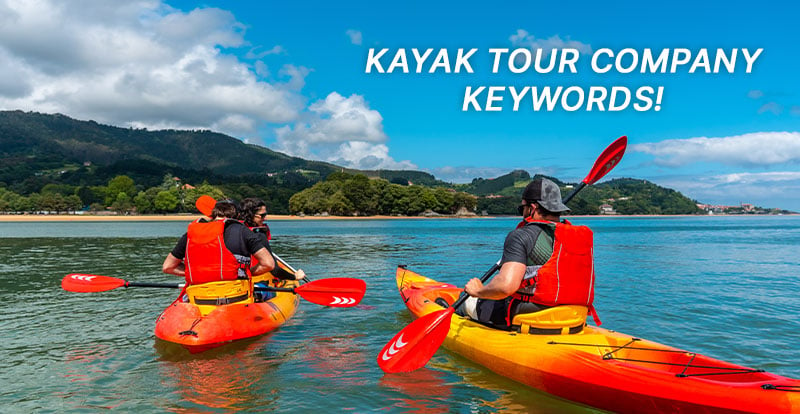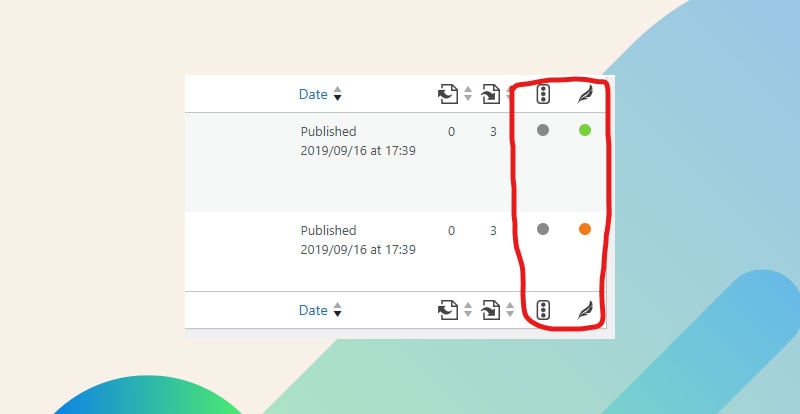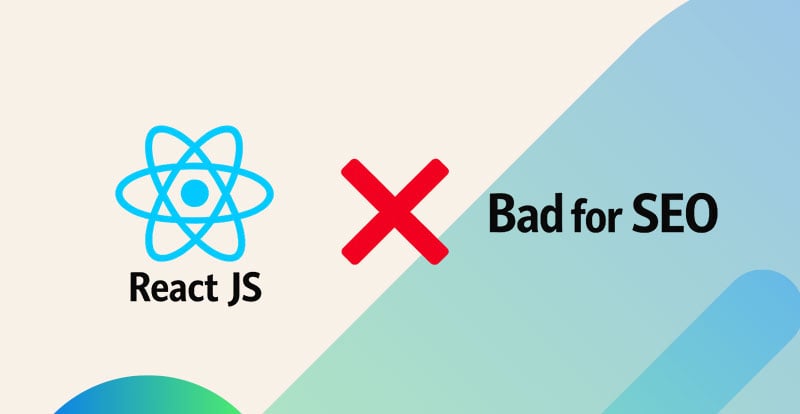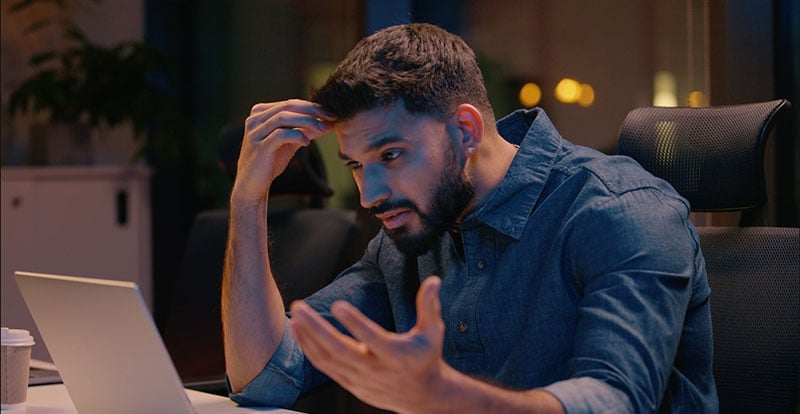Kayak tour companies don’t just compete with each other – they compete with literally every other “fun thing to do” in town. Travelers are on Google looking for something worth their limited vacation time, and if you don’t show up for the right kayak tour company keywords, you’re invisible. That’s why having a solid keyword strategy actually matters in this niche – because visibility is bookings.
And unlike plumbers, roofers, or basement waterproofing companies, kayak tours deal with a search audience that often isn’t even in the state yet. Tourists are planning before they land, while they’re at the airport, or when they’re scrolling in their hotel after a long day of eating overpriced seafood. That changes the keyword game in a big way.
Why Location Keywords Matter Way More Than “Near Me”
For most local businesses, “near me” keywords are gold. But for kayak tours? Not as much.
Someone sitting in Seattle searching for a Florida vacation is not typing “kayak tour near me.” They’re typing “kayak tour Tampa” or “clear kayak tour Florida.” They don’t need something near their house, they need something near their future Airbnb.
That’s why location-based keywords should be your primary focus. They capture:
-
people planning trips ahead of time
-
people comparing activities
-
people searching from out of state
-
people sitting with friends saying, “We should do something cool tomorrow”
Location keywords = intent.
Real Story: Why One Kayak Company Lost to a Worse Competitor
We worked with a kayak tour company in Florida that was confused (and honestly pretty annoyed) because a competitor with worse tours, worse photos, and worse reviews kept outranking them.
It came down to two things:
| The Competitor Had | Our Client Had |
|---|---|
| Multiple GBP locations, so they were more geo-relevant | Only one GBP, less map presence |
| A technically clean website | A site loaded with technical issues slowing it down |
The competitor wasn’t better at tours – they were just better at showing up. We fixed the technical site issues, re-built the local content structure, and Google finally started treating them like a real contender. The GBP + website combination mattered more than anything else.
And that brings us to keywords.
How Travelers Actually Search (Tourist Psychology 101)
Travel searches follow a predictable pattern. Nearly every potential customer will fall into one of these three buckets:
| Stage | Search Example | Behavior |
|---|---|---|
| Dreaming | “things to do in tampa” | They’re browsing, not committed |
| Comparing | “best kayak tour tampa” | They’re building a shortlist |
| Ready to Buy | “bioluminescent kayak tour orlando” | They’re one click from booking |
Tourists also search differently than locals because:
-
They’re afraid of picking something lame (FOMO is real)
-
They compare multiple activities (you’re not just against other kayak companies – you’re against parasailing, jet skis, boat tours, bar crawls, etc.)
-
They want the best, not just the closest
-
They’re impatient and on mobile
So your keyword strategy needs to capture all three phases – not just “book now” terms.
High-Intent Keywords for Kayak Tour Companies
Here’s where your main keyword targets will live:
| keyword | volume |
|---|---|
| kayak tour | 1100 |
| bioluminescence kayak tour | 450 |
| guided kayak tour | 250 |
| bio bay kayak tour | 250 |
| bioluminescent kayak tour | 200 |
| bioluminescent bay kayak tour | 200 |
| sunset kayak tour | 200 |
| mangrove kayak tour | 150 |
| mangrove clear kayak tour | 100 |
| manatee kayak tour | 100 |
| clear kayak tour | 100 |
| clear kayak bioluminescence tour | 90 |
| kayak sunset tour | 90 |
| mangroves kayak tour | 70 |
| clear kayak sunset glow tour | 60 |
| sea cave kayak tour | 60 |
| bioluminescent clear kayak tour | 50 |
| full moon kayak tour | 50 |
| kayak night tour | 50 |
| private kayak tour | 50 |
| kayak eco tour | 50 |
| night kayak tour | 40 |
| glow kayak tour | 30 |
Group your keywords into 4 buckets:
| Type | Examples | Purpose |
|---|---|---|
| Location-based | “kayak tour tampa,” “[city] clear kayak tour” | Core booking terms |
| Experience-based | “dolphin kayak tour,” “bioluminescent kayak” | Niche + high intent |
| Time-based | “sunset kayak tour,” “night kayak tour” | Motivates emotion + urgency |
| Trip planning | “best kayak tours in florida” | Comparison stage keywords |
Your content should speak to all four – that’s how you widen your funnel while still capturing buyers.
Make GBP the Star and Let the Website Seal the Deal
If I were running SEO for a kayak tour company, I’d focus on Google Business Profile first, then website second. GBP is where trust forms fast – through reviews, photos, and proximity.
GBP helps you:
-
show up in the map pack
-
look trustworthy through social proof
-
catch “I’m already here” mobile searchers
Website helps you:
-
back up what GBP claims
-
explain your tours
-
convert people who want details before booking
Together, they’re unstoppable. Separately, each has a ceiling.
Content That Actually Books Tours (Not Just Traffic)
Content for tour companies should do one thing: push people toward the booking page. Topic clusters work well here. For example:
Main Page:
Kayak Tours in Tampa
Supporting Content Ideas:
-
“What to expect on a night kayak tour in Tampa”
-
“Best wildlife to spot while kayaking on the Gulf Coast”
-
“Clear kayak tour vs standard kayak tour (which one should you book?)”
Each supporting piece links back to your main booking page. Simple. Effective. Google loves it.
How to Use Your Kayak Tour Company Keywords Naturally
Place your keywords in:
-
Page title
-
H1 and H2s
-
Tour descriptions
-
Image alt text
-
Internal links
Don’t overthink it, and don’t force it. If a sentence reads weird, rewrite it. Natural language wins.
Your “Big Three” Priorities
Even with the perfect keyword list, a kayak tour company should focus on these three things first:
-
Reviews on GBP – social proof = bookings
-
A functional website – clear tour pages, locations, and pricing
-
Everything else – photos, blogs, links, etc.
Nail those three and keywords actually work. Skip them and you’ll stay invisible.




